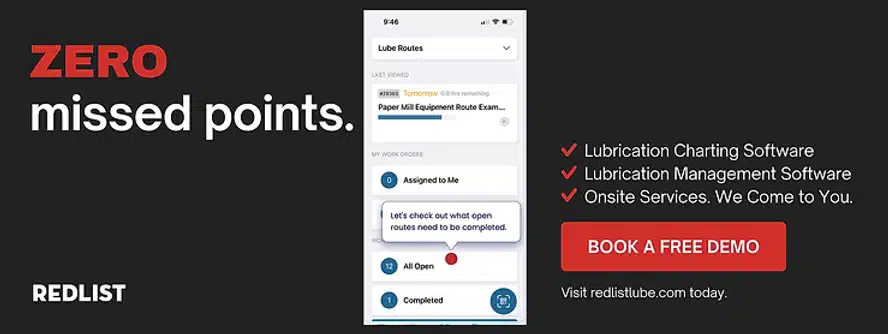With gas prices increasing at the fastest rate since 2005, any company that relies on a fleet of commercial vehicles should establish a fleet fuel management system. Regardless of what kind of discount your company fuel card gets you, you’re still going to experience the impact of the higher prices. In fact, even at normal prices, fuel costs contribute up to a third of your fleet’s operating expenses on average. So, a fleet fuel management system can help you stay on top of your fuel data and discover savings opportunities. Fuel savings don’t come only through driving less. If you rely on your fleet to transport goods or deliver services, then that’s typically not even an option. Lowering fuel expenses with a fleet fuel management system happens through improving your fleet management processes.
Why You Need a Fleet Fuel Management System
As if the potential for savings wasn’t enough, there are other benefits to using a fleet fuel management system. If you manage a fleet, then you know that managing fuel is one of the most difficult tasks. Relying on a spreadsheet or paper-based process means you’re always going to be a few steps behind. Alternatively, fleet fuel management software can provide convenient reports filled with your real-time data. With accurate reporting, you can recognize trends and strategically respond to them faster. This is essential to controlling fuel costs, as it allows you to spot vehicles or drivers who are using more fuel than expected.
One of the other massive benefits of software is integration with IoT (Internet of Things) devices, such as telematics. Telematics involves a combination of on-board diagnostics and GPS technology to monitor your fleet. It’s an innovative way to track several data points from your fleet, but it will require the use of a fleet fuel management system due to the amount of data telematics collects.
How Telematics Reduce Fuel Consumption
If you’ve ever watched the fuel economy rating on your vehicle, then you probably have noticed that it varies with your driving style. Hard acceleration, speeding, or excessive idling can all contribute to fuel waste. Also, they can all be tracked and reduced with telematics. While you can’t ride along with every driver to observe their driving habits, you can gain an understanding of how they drive from telematics data. Then, you can work together to improve driver behavior and fuel consumption.
These are some of the major ways telematics reduce fuel waste:
- Reduce Speeding – Fuel efficiency drops by 5-10% for every 5 mph over 35 mph. This means a vehicle that gets 6 mpg going 65 mph will decrease to 5 mpg at 75 mph. That results in a 17% increase in fuel use and expense.
- Discourage Hard Acceleration – Hard acceleration at highway speed can reduce fuel efficiency by 33%. While this is harder to control, you’ll be able to identify which drivers have a habit of flooring it, and you can talk to them about it.
- Eliminate Excessive Idling – Idling for extended periods is not only wasteful but also illegal in some areas. The US Department of Energy found that heavy-duty truck idling uses 0.8 gallons of fuel per hour. Nationwide, this equates to 1 billion gallons of fuel waste per year at an estimated cost of $3 billion.
- Repair or Replace Vehicles with Issues – Having access to so much vehicle data means you can even identify vehicles that aren’t performing the way they should and using fuel inefficiently. Something as simple as proper tire pressure can improve fuel efficiency by 3.3%.

Optimizing Your Field Services & Dispatch with a Fleet Fuel Management System
Fleet management involves so much that the only way to optimize is with Field Services & Dispatch software. Redlist’s software integrates with IoT sensors and GPS tracking devices, so you can truly know your fleet. Having fleet data you can rely on is essential to reducing fuel costs and increasing driver buy-in for better driving habits.


